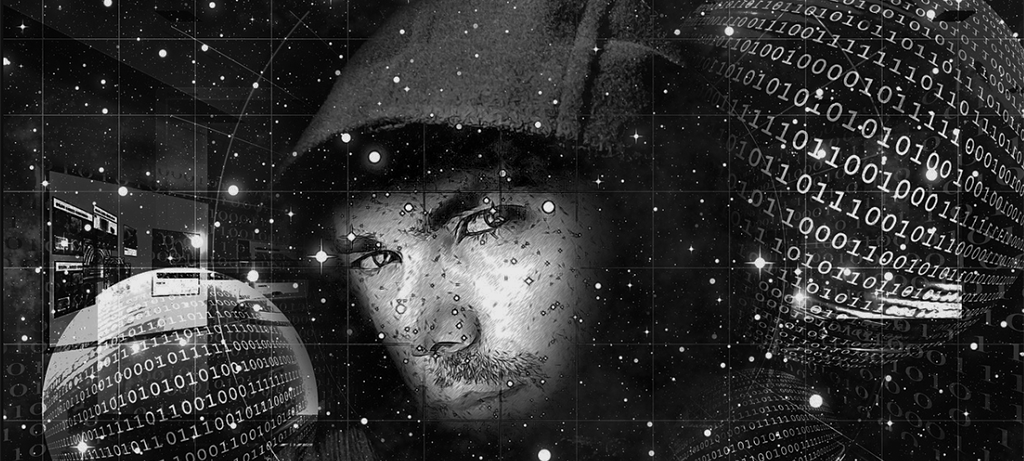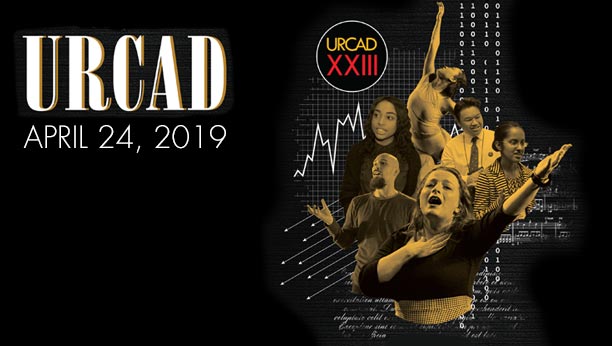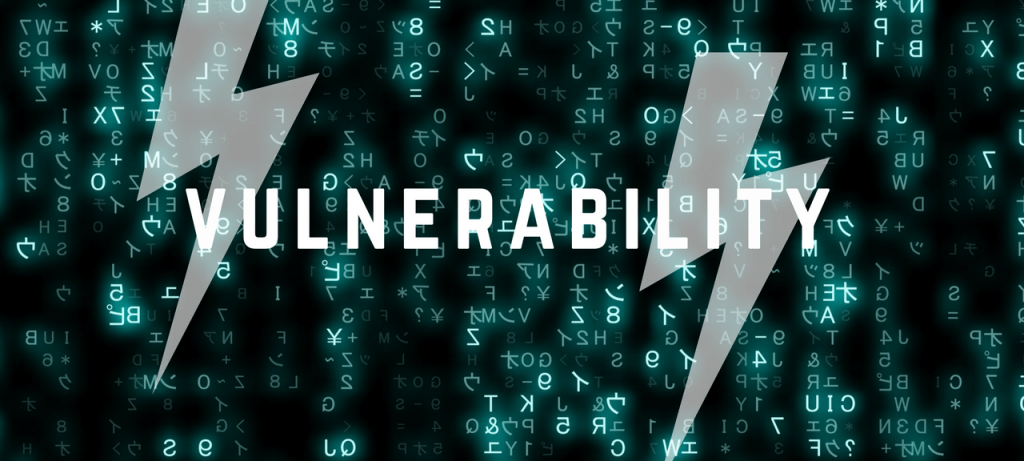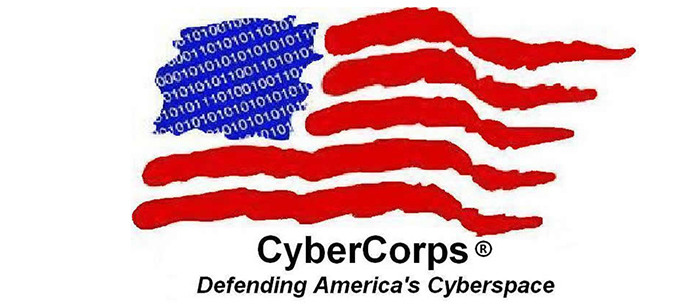
Information Systems Spring 2019 Distinguished Lecture on Sustainable Smart Cities
A Data-driven Approach for Sustainable Smart Cities
Prof. Prashant Shenoy, University of Massachusetts
11:00am Monday, 6 May 2019, ITE 459, UMBC
Recent technological advances have enabled deployments of pervasive sensing and actuation in our physical world, which has led to the emergence of cyber-physical systems where computing and sensing interact with the physical world and humans in unique and exciting ways. Such systems are increasingly being deployed in smart city domains such as energy, transportation, health, grids, and agriculture.
In this talk, I will argue that the rich and vast amounts of data generated by smart city applications necessitate a data-driven approach where AI and systems techniques are employed in a symbiotic manner to tackle smart city challenges. I will present two smart city applications from the energy domain as examples of such a symbiotic approach. I will first present WattHome, a city-scale machine-learning-based approach that can determine the least efficient buildings within a large city or region. I will present the results of a city-scale evaluation performed in collaboration with a local utility, where WattHome successfully identified causes of energy inefficiency for thousands of buildings. Second, I will present SolarClique, a sensor-less data-driven approach that is designed to detect anomalies in power generation of large number of existing solar sites without requiring any additional sensor instrumentation. I will conclude my talk by describing a number of open challenges in designing data-driven approaches for smart cities.
Prashant Shenoy is currently a Professor and Associate Dean in the College of Information and Computer Sciences at the University of Massachusetts Amherst. He received the B.Tech degree in Computer Science and Engineering from the Indian Institute of Technology, Bombay and the M.S and Ph.D degrees in Computer Science from the University of Texas, Austin. His research interests lie in distributed systems and networking, with a recent emphasis on cloud and green computing. He has been the recipient of several best paper awards at leading conferences, including a Sigmetrics Test of Time Award. He serves on editorial boards of the several journals and has served as the program chair of over a dozen ACM and IEEE conferences. He is a fellow of the IEEE and the AAAS and a distinguished member of the ACM.









